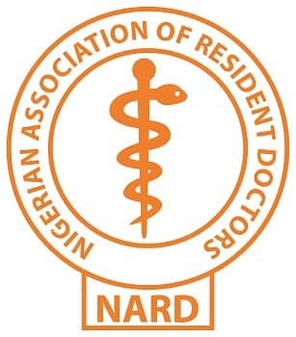Nigeria’s Coordinating Mechanism (CCM) of the Global Fund has revealed a critical gap in Nigeria’s tuberculosis response, with more than 50,000 diagnosed patients unable to access treatment due to funding shortages and drug scarcity.
At the 11th quarterly meeting of the Ministerial Oversight Committee for the Basic Health Care Provision Fund in Abuja, CCM Executive Secretary Mr. Ibrahim Tajudeen disclosed that while Nigeria successfully placed over 370,000 TB patients on treatment in 2023 and 400,000 in 2024, tens of thousands remain untreated.
“About 50,000 patients remain on a waiting list because we do not have enough drugs for them to complete their treatment,” Tajudeen stated, warning that screening without treatment could exacerbate the TB epidemic. He urgently called for the release of \$50 million from the Debt to Health Sector Wide Approach (SWAP) to address the drug shortage.
Despite Nigeria’s \$950 million allocation from the Global Fund for 2023-2025 covering HIV, TB, malaria, and health system strengthening, international support has declined. The grant was recently reduced by \$95 million to \$867 million, forcing the CCM to either accept the revised amount or propose evidence-based adjustments.
Tajudeen outlined key interventions under the Resilient and Sustainable Health Systems (RSSH) initiative, including primary healthcare revitalization with the NPHCDA, procurement of 370 digital X-ray machines, health insurance enrollment for vulnerable groups in five states and harm reduction programs and medically assisted treatment (MAT).
The CCM is also piloting Lenacapavir, a six-month injectable HIV prevention drug, with \$160,000 in additional funding. On malaria control, 16.6 million insecticide-treated nets have been distributed nationwide. Stakeholders will meet by July 14, 2025, to finalize grant allocations through a collaborative reprioritization process involving the CCM, Principal Recipients, and Global Fund Country Team.
Tajudeen emphasized the CCM’s ongoing role in aligning national health priorities with Global Fund support and mobilizing domestic resources to sustain critical programs.
“Our mandate includes identifying strategic gaps, harmonizing interventions, and ensuring these investments translate to lives saved,” he affirmed, underscoring the need for urgent action to address Nigeria’s growing TB treatment backlog.















Leave a comment